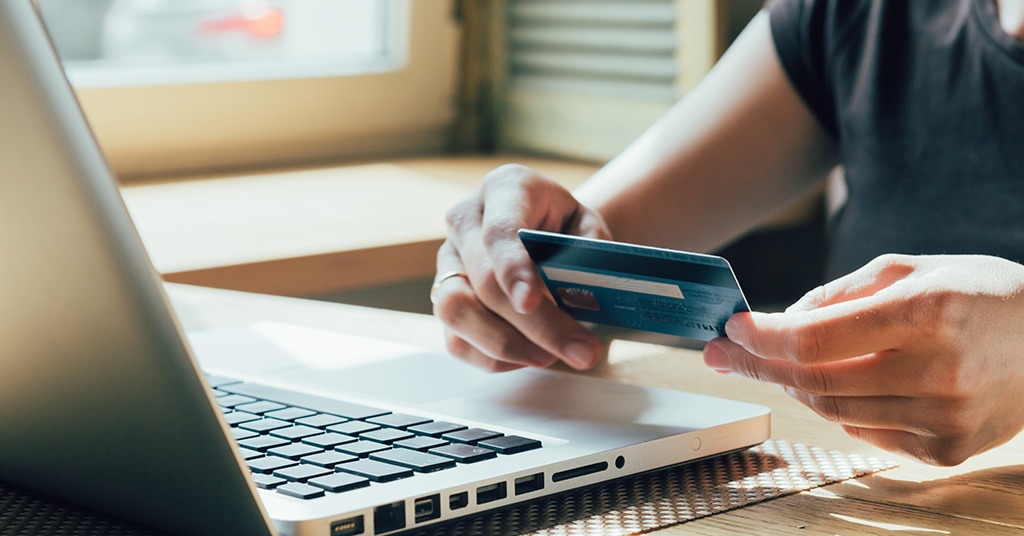Anti-fraud specialist gives useful advice on how you can protect yourself from card fraud

How to avoid card fraud: 3 tips from an anti-fraud specialist. Source: shutterstock.com
PaySpace Magazine learned from ECOMMPAY’s leader of the anti-fraud team, Daniel Sevskis, how users can protect themselves from internet fraud.
1. Be vigilant and never panic
According to Sevskis, scammers use social engineering methods, trying to convince the user to always respond quickly to phishing messages.
2. Use virtual prepaid cards
The expert advises using a virtual card and blocking it every time until the next transaction. You can freeze and unlock the card in the application.
Learn more about prepaid cards here.
3. Do not forget about your rights
If you encounter a case of fraud, contact the bank that issued the card to you. If the card was used without the 3D Secure (a messaging protocol to enable consumers to authenticate themselves with their card issuer when making card-not-present transactions), then you are entitled to compensation.
Note. Representatives of the bank never call customers, asking them to provide personal information and data on payment cards and accounts. Therefore, never give third parties payment card details (its expiration date, CVC2/CVV2 code, PIN code, etc.) and personal data, as well as login/password for entering online banking, one-time passwords for additional authentication, etc.
SEE ALSO:










